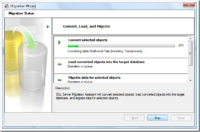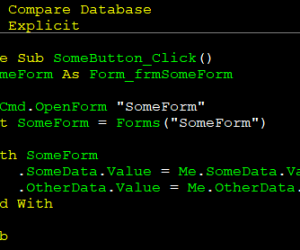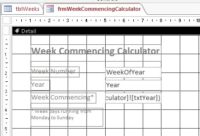SSMA is used to migrate Access databases to SQL Server. This tool converts the Access database to an SQL Server or an SQL Azure database. It is not bundled with SQL Server – you will need to download and install this tool separately. Check your system requirements and view the installation procedure for SSMA. Preparing…
Minimizing stateful code
First we need to define what a state is. A state means that the object has variable(s) that may cause it to behave differently, depending on the content of the variables. As an example, the Forms collection is stateful: This is legal code and will compile but we can’t be assured that this will work…
Access 2010: Unrecognized Database Format
I’ve been seeing more and more people having problems with the Unrecognized Database Format when creating or modifying an Access 2007 (accdb) format database in Access 2010 and then trying to open it again in Access 2007. The issue appears to be that Access 2010 does not have its own file format. When you add a…
Microsoft Access File Extensions
Microsoft Access saves information under the following file formats: File Format Extension Access Project (2007, 2010) .adp Access Blank Project Template (2007, 2010) .adn Access Database (2007, 2010, 2013, 2016) .accdb Access Record-Locking Information (2007, 2010, 2013, 2016) laccdb Access Web App Reference .accdw Access Signed Packages .accdc Access Database, used for Add-ins .accda Access…
Access IIf() function to SQL Server equivalent
What is the SQL Server equivalent to Access IIf() function? Access SQL SQL Server
Using Custom Functions in Calculated Controls
Custom functions work the same way as MS Access built-in functions such as DateAdd, DatePart and DSum, but are instead created ourselves as database developers. We do this by creating a public function with the VBA programming language and save it inside a global module within the database. Today I am going to explain how custom functions can be…





